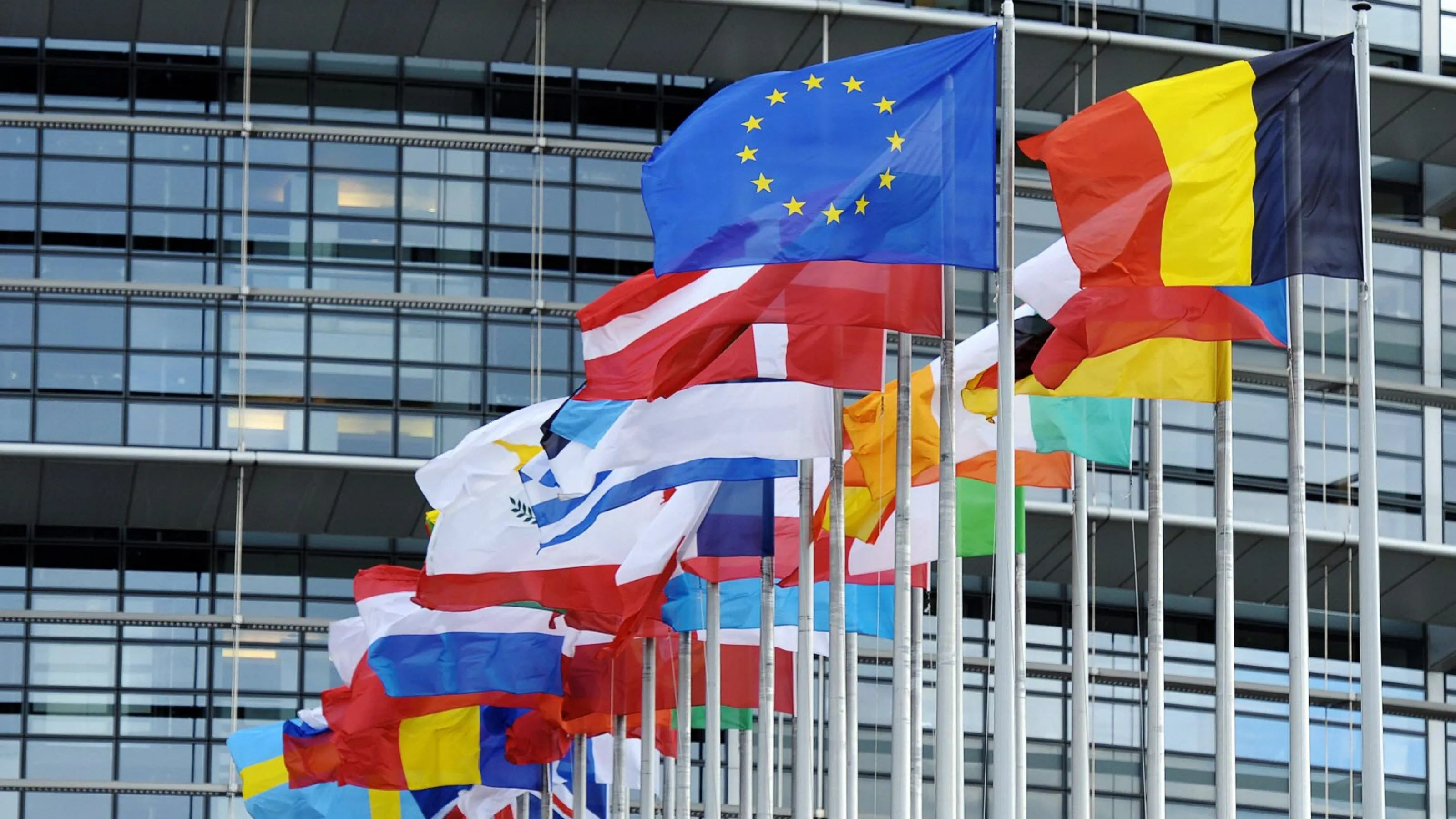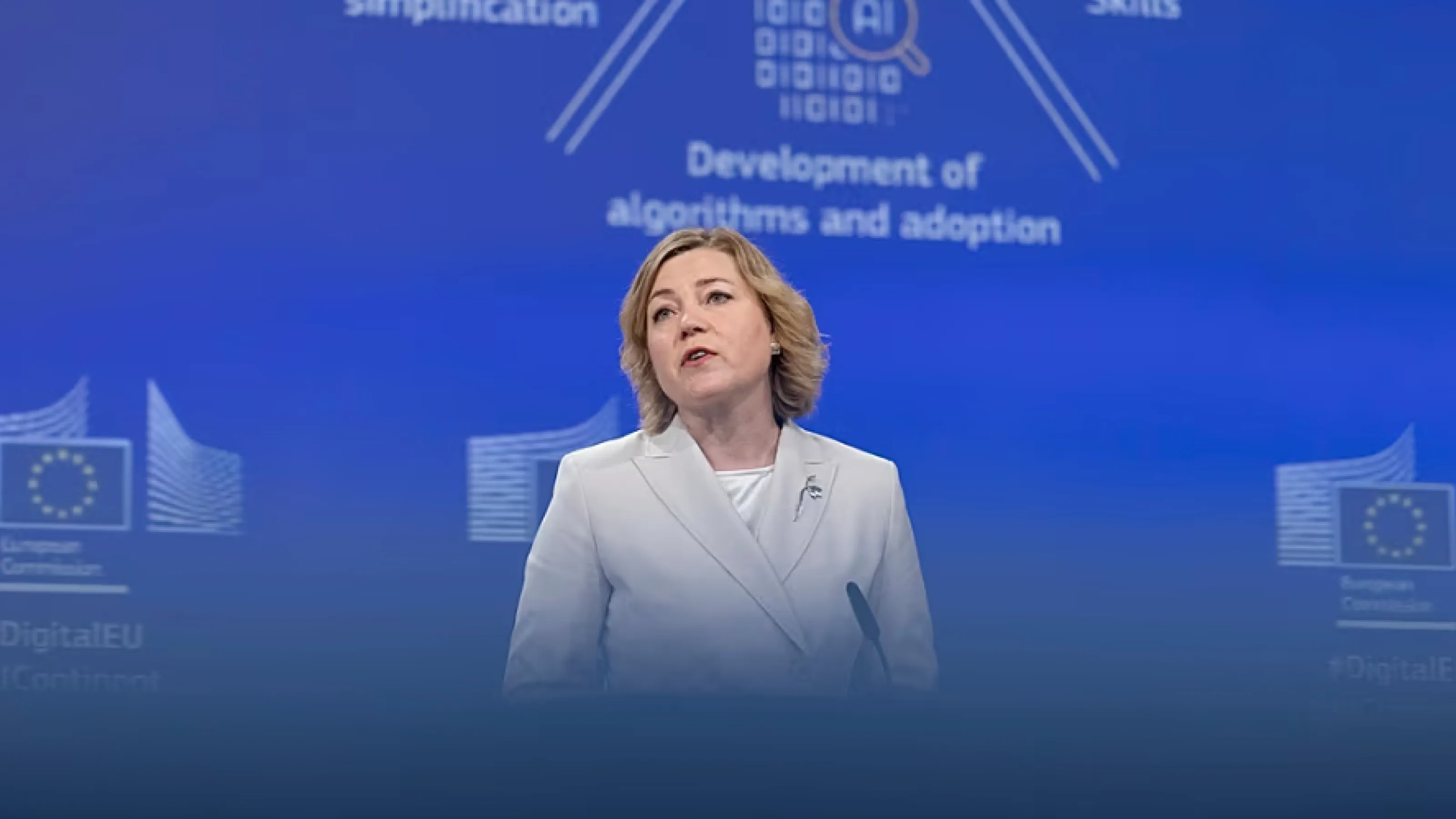Actualités
Bloomberg I EU’s Google Feud Aids Russian Rival Blamed for Kremlin Lies
Yandex NV’s rise follows an EU antitrust order that led to Alphabet Inc.’s Google offering phone users a choice of rival apps for internet searches on handsets running its Android operating system.
Yandex appears in the “choice screen” — allowing Android smartphone users to select their preferred search engine — in 23 European countries. It has recently risen to Android’s top five options in Germany, Italy, the Czech Republic and Denmark, among others, according to Android’s website.
“The real concern is that Yandex, a search-engine with clear ties with the Kremlin” is “still allowed to operate in our EU market,” said Stéphanie Yon-Courtin, a liberal member of the European Parliament. “The issue is not the choice screen, but the fact that Yandex is still one of the options to be considered.”
The firm has come under intense pressure both in Russia and abroad since President Vladimir Putin ordered the February 2022 invasion. Founder Arkady Volozh was hit by EU sanctions in June last year, with the EU citing Yandex support for Russian propaganda and the Kremlin’s narratives regarding the war.
In a September renewal of the EU’s sanctions list, the bloc accused the company of being “responsible for promoting state media and narratives in its search results, and deranking and removing content critical of the Kremlin, such as content related to Russia’s war of aggression against Ukraine.”
“We categorically deny accusations of promoting propaganda,” a Yandex spokesperson said in response to the EU’s accusations. “Yandex doesn’t tweak algorithms to any political side.”
Former chief Volozh, who lives in Israel, publicly condemned the war in August, calling it barbaric. Yandex announced last year it wants to divest the Russian business in exchange for cash and licenses to develop four international projects. The talks with several potential Russian buyers haven’t yet resulted in a deal.
Yandex is domiciled in the Netherlands and was traded on the Nasdaq until its shares were frozen after the invasion. Registering abroad was a common strategy for Russian companies seeking foreign investors before the war in Ukraine caused a rupture in relations.
L'article original ici.
 Stéphanie Yon-Courtin
Stéphanie Yon-Courtin


